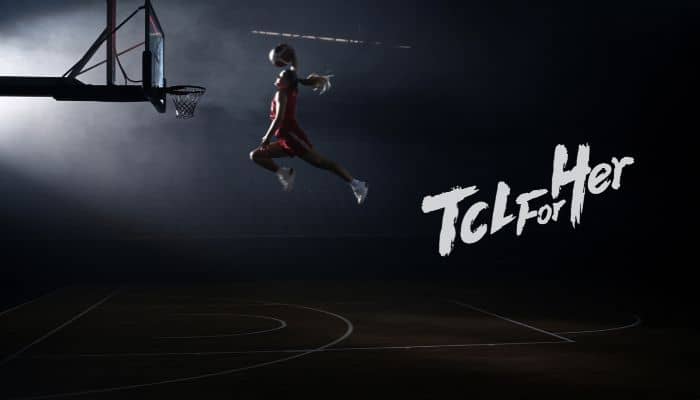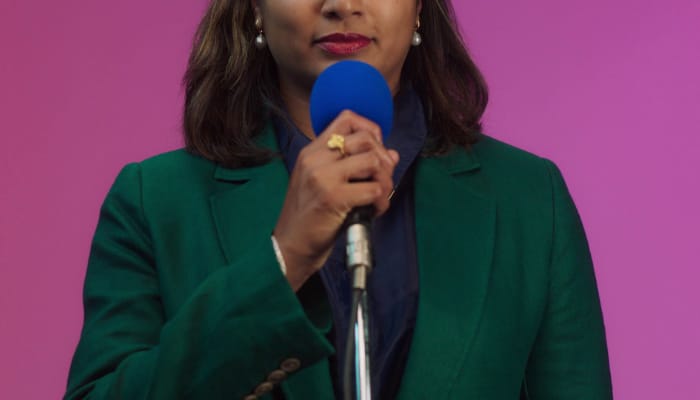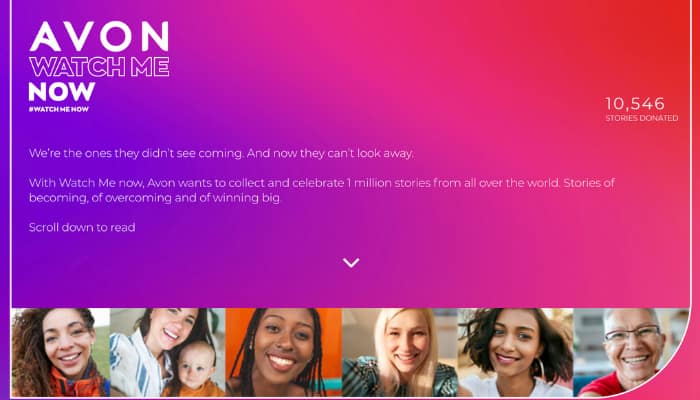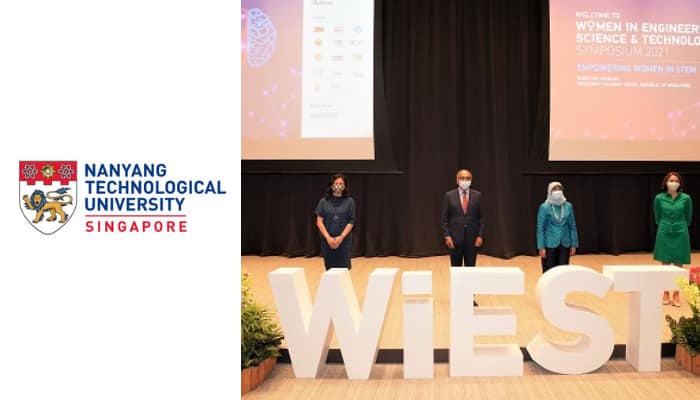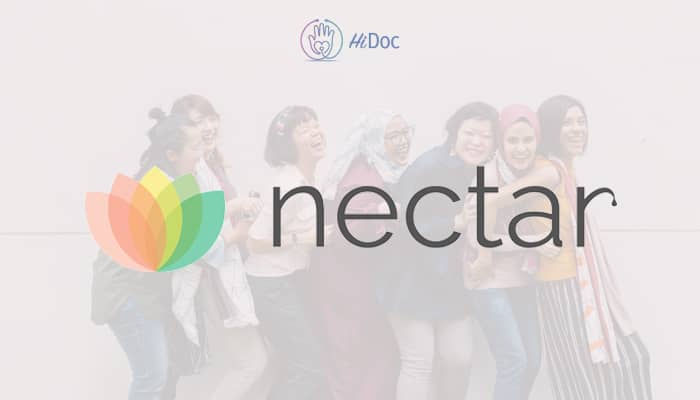Mumbai, India – To help brands and agencies create campaigns with inclusive gender narratives, the Advertising Standards Council of India (ASCI) in collaboration with management consulting company Futurebrands has launched the ‘GenderNext’ study, which aims to give actionable insights in representing women in advertising.
The ‘GenderNext’ study includes patterns of female portrayals across multiple categories, such as personal care, fashion, beauty, home and hearth, gadgets and wheels, money, and education. The study presents insights on how advertising portrays women versus how they see themselves and want to be seen.
The study interviewed various women across different life stages and town classes, and according to them, they feel that advertising can be their ally in this journey. The study found that for young unmarried women, common stereotypes used in advertising such as women joyfully undertaking the drudgery of work have not been aspirational for them at all.
“Typical women’s day ads that show women emerge victorious after significant struggle were not considered particularly empowering. Women are tired of ads showing young women being bestowed with freedoms only after putting up a fight,” the study stated.
In line with such misportrayals, the study proposes a category agnostic framework known as the ‘SEA (Self-esteemed, Empowered, Allied) Framework’ that aims to guide stakeholders in imagining as well as evaluating portrayals of women in their advertising by building empathy and aiding evaluation.
The study also proposes a 3s screener for scripts and storyboards, casting, styling to identify stereotype red flags. The screener looks at aspects of subordination, service, and standardization, and solves these negative stereotypes through the lens of self-esteem, empowerment, and alliance.
For Lipika Kumaran, lead author at GenderNext, the study has exposed that mainstream advertising still heavily borrows from an inventory of overused, and sometimes harmful stereotypical tropes.
“A detailed study of over six hundred advertisements revealed several problematic tropes- such as sensualizing the act of eating by women, showing women as spenders in financial advertising, women running around the house while others lounge around, male gaze acceptance in beauty ads, showing women as lower down in tech-hierarchy in gadget ads, male celebrities challenging and instructing women, among others,” Kumaran explained.
Meanwhile, Subhash Kamath, chairman at ASCI, noted that said study acts as a guide for stakeholders – brand owners, marketers, advertising professionals – to aid the creation of more progressive depictions of women in advertising.
“The deep insights on women, and what they feel about advertising is a fantastic input into advertising creation, and we hope that brands and advertisers will be motivated by the findings to depict women in more progressive ways. We also intend to set up a task force to evaluate advertising guidelines on harmful stereotypes,” Kamath stated.
Furthermore, Santosh Desai, managing director at Futurebrands commented that the study has identified some common patterns of discrimination and has also created a framework that enables marketers to identify and eliminate such undesirable representations.
“As an influential form of popular culture, advertising has historically been a significant source for the propagation of gender stereotypes. While things are changing, what this study, initiated by ASCI and carried out by Futurebrands uncovers, is that gender continues to be represented in a skewed and discriminatory manner. Some obvious ways of stereotyping are less visible, but there are many other ways, both subtle and not-so-subtle, in which gender portrayals continue to be skewed,” Desai concluded.
For this study, the primary research involved ad clinics with 160 respondents and 20 focus group discussions across 10 centers, in addition to tapping into Futurebrand’s proprietary study Bharat Darshan. More than 300 people were spoken to via social media.

